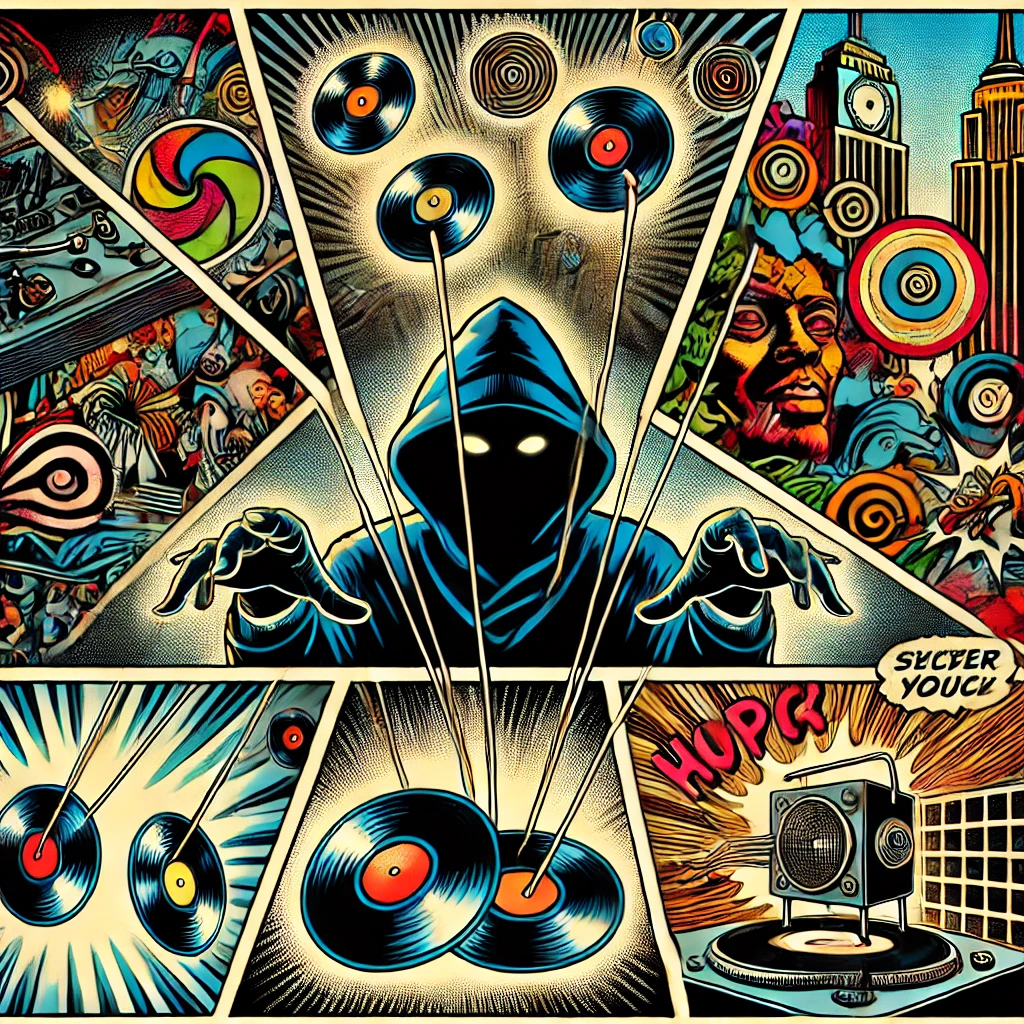Esoteric Discussions with Neil Sanders the Manipulation of Hip Hop
Author and lecturer Neil Sanders joins me live on the show as we discuss the deliberate erosion of Hip and Hop and Rap through techniques of mind control and media manipulation.
Neil Sanders is known for his exploration of various forms of mass manipulation, including the influence of media and entertainment industries on society. While I don’t have specific information on Neil Sanders’ work regarding the manipulation of hip-hop, it’s worth noting that hip-hop culture, like other forms of popular culture, has been subject to analysis regarding its impact, messaging, and potential manipulation.
Some scholars and cultural critics have examined how the hip-hop industry, including record labels, media outlets, and corporate interests, may shape and control the narrative and content within hip-hop music and culture. This analysis often includes discussions on topics such as:
1. Commercialization: Critics have discussed how corporate interests and the commercialization of hip-hop have influenced the music’s content, imagery, and messaging. This includes discussions on the promotion of materialism, violence, and stereotypes within hip-hop lyrics and videos to appeal to mainstream audiences and sell records.
2. Media Representation: The portrayal of hip-hop culture in mainstream media outlets has also been scrutinized, with discussions on how certain narratives and images are amplified or marginalized. Some argue that mainstream media coverage of hip-hop often focuses on negative stereotypes and sensationalized stories, perpetuating biases and misconceptions about the culture and its participants.
3. Control of Artists: There have been discussions about the control exerted by record labels and industry executives over hip-hop artists and their creative output. This includes concerns about artists being pressured to conform to certain images or narratives, as well as allegations of exploitation and manipulation within the music industry.
4. Social and Political Messaging: Hip-hop has historically been a platform for social commentary and political activism, addressing issues such as racism, poverty, and social injustice. However, some critics argue that the mainstream hip-hop industry may prioritize commercial success over substantive social or political messaging, leading to the dilution or co-optation of the culture’s revolutionary potential.
While these discussions raise important questions about the influence and manipulation of hip-hop culture, it’s essential to approach the topic with nuance and critical thinking. Hip-hop is a diverse and multifaceted cultural phenomenon with roots in resistance, empowerment, and community expression, and its impact cannot be reduced to simplistic notions of manipulation or control. As with any form of media and culture, it’s important for audiences to engage critically with hip-hop music and its messages, considering the broader social, economic, and political contexts in which it exists.
